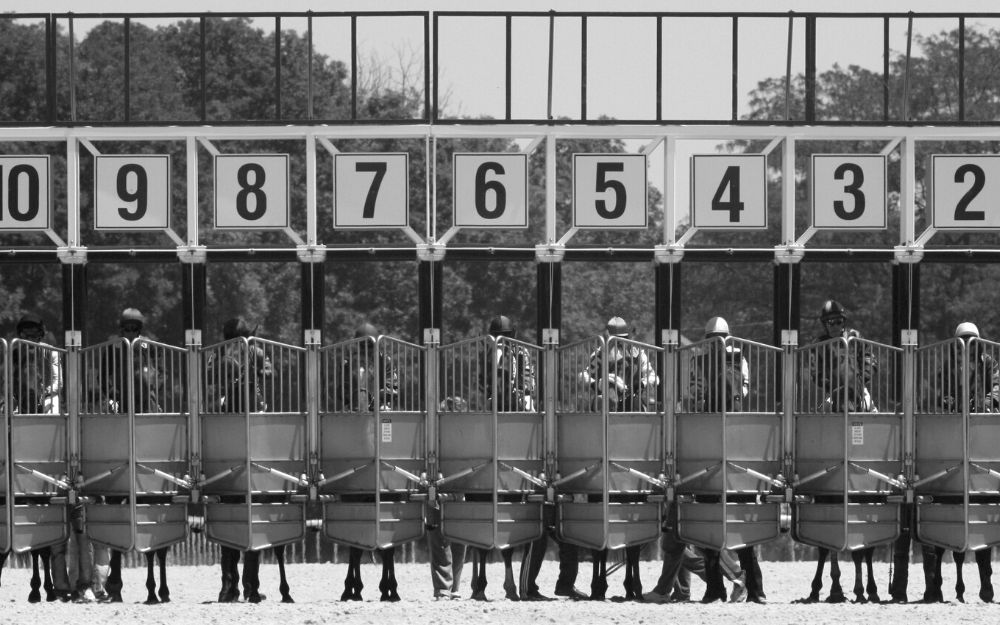
A recent decision of the Fair Work Commission in Newman-v-The Western Australian Turf Club Trading as Perth Racing [2022] FWC 1492, considered whether a casual employee could satisfy the minimum employment period to pursue an unfair dismissal claim under s 383 of the Fair Work Act.
Newman was employed as a Barrier Attendant working race days. She also worked for other racing organisations while working for the respondent and had several months off following an injury sustained while working for another employer.
In December 2021 the respondent emailed Newman stating they didn’t intend to roster her for further shifts, noting as a causal they were not obliged to provide her with any shifts. It was stated that this decision was wholly due to her failure to perform her role as expected.
The Commission considered whether Newman met the minimum employment period (six months continuous service) required to be entitled to bring an unfair dismissal claim. Whether the period of casual service counted was also considered because during Newman’s service as a regular casual employee, she had a reasonable expectation of continuing employment on a regular and systematic basis.
Regular and systematic employment
It was noted that the engagement had to be regular and systematic, not the hours worked. There also needed to be a system, method or plan for the employment and a pattern of an ongoing reliance upon the worker’s services.
Whether the employer regularly offered work at times when they knew the employee had generally made themselves available, and that work was accepted sufficiently often, was an important consideration in determining if the employment could no longer be regarded as occasional or irregular.
The Commission considered the pattern of Newman’s work for the prior six months, noting a period of absence following an injury. It found Newman had worked approximately 62% of the shifts that she was offered and that there were several instances in which Newman was not offered work on regular race days. This formed the basis of her argument that she was employed on a regular and systematic basis.
It was also found that Newman was part of a pool of employees who were offered shifts on race days, which could be accepted or rejected. The evidence did not establish she formed part of a roster in the traditional sense.
The decision
As the payroll data indicated Newman would accept or reject shifts that were offered to her as desired, the Commission was not satisfied that she had accepted or engaged in work in a way that would form a regular and systematic engagement.
The Commission highlighted the nature of casual employment was that a worker had the flexibility to cancel shifts and this did not in itself preclude a finding that the engagement was regular and systematic. The high rejection and cancellation rate reflected an irregular and unreliable nature of the engagement and was found to be evidence that Newman did not generally make herself available and that she did not accept work regularly enough to be considered occasional or irregular.
Whilst Newman may have formed an expectation of ongoing employment due to the respondent’s regular offering of shifts, in all the circumstances it did not consider that any expectation would have been reasonable throughout the engagement.
It, therefore, determined Newman was not a casual employee engaged on a regular and systematic basis with a reasonable expectation of continuing employment on that basis, and accordingly did not meet the minimum employment period to be entitled to make an unfair dismissal claim.
Key takeaway
This decision highlights the matters the Commission will take into account when considering the rights of casual employees to bring unfair dismissal claims.
Employers should consider the pattern of work offered to employees and their work history, before determining to cease offering work to a casual employee on some performance or conduct grounds; and therefore risk facing an unfair dismissal claim.
If you have questions or concerns about the engagement of casual employees in your business, please contact our Employment Law specialist, Matt Bell.
This publication has been carefully prepared, but it has been written in brief and general terms and should be viewed as broad guidance only. It does not purport to be comprehensive or to render advice. No one should rely on the information contained in this publication without first obtaining professional advice relevant to their own specific situation.




